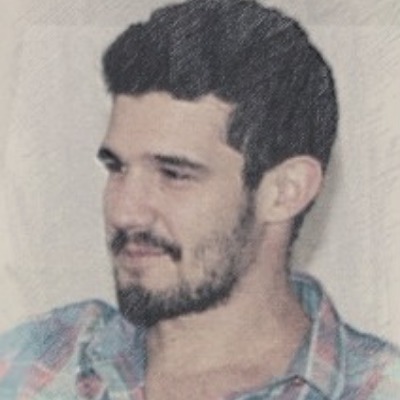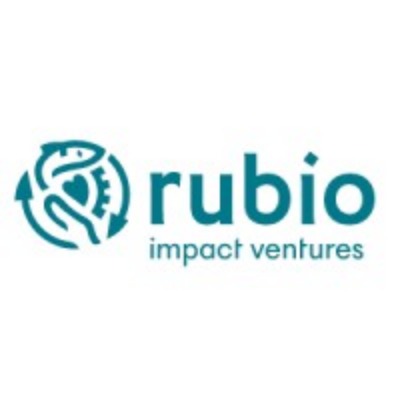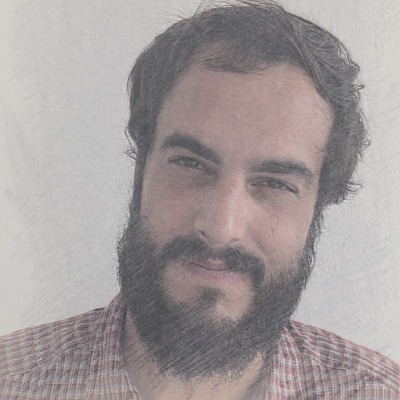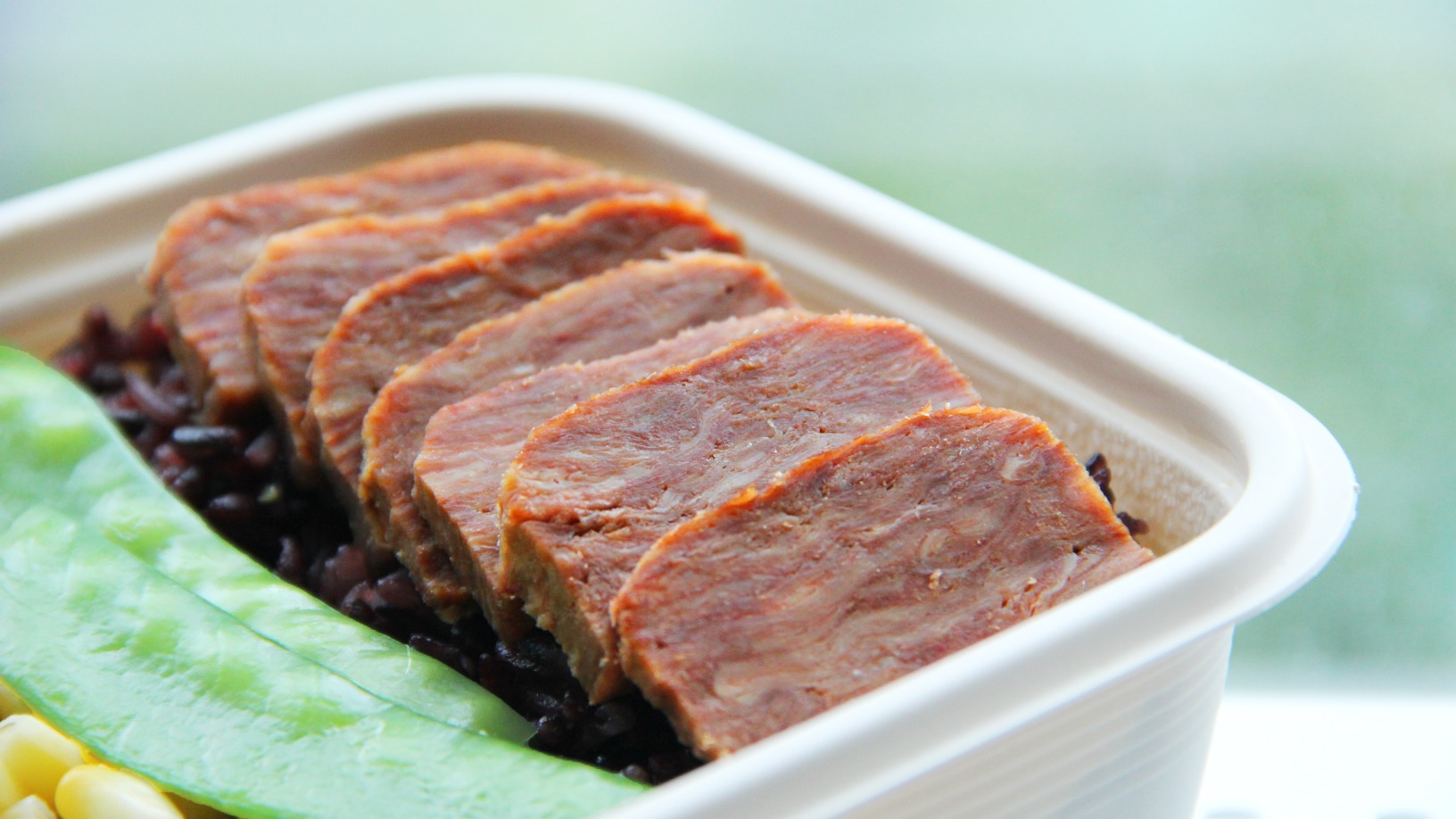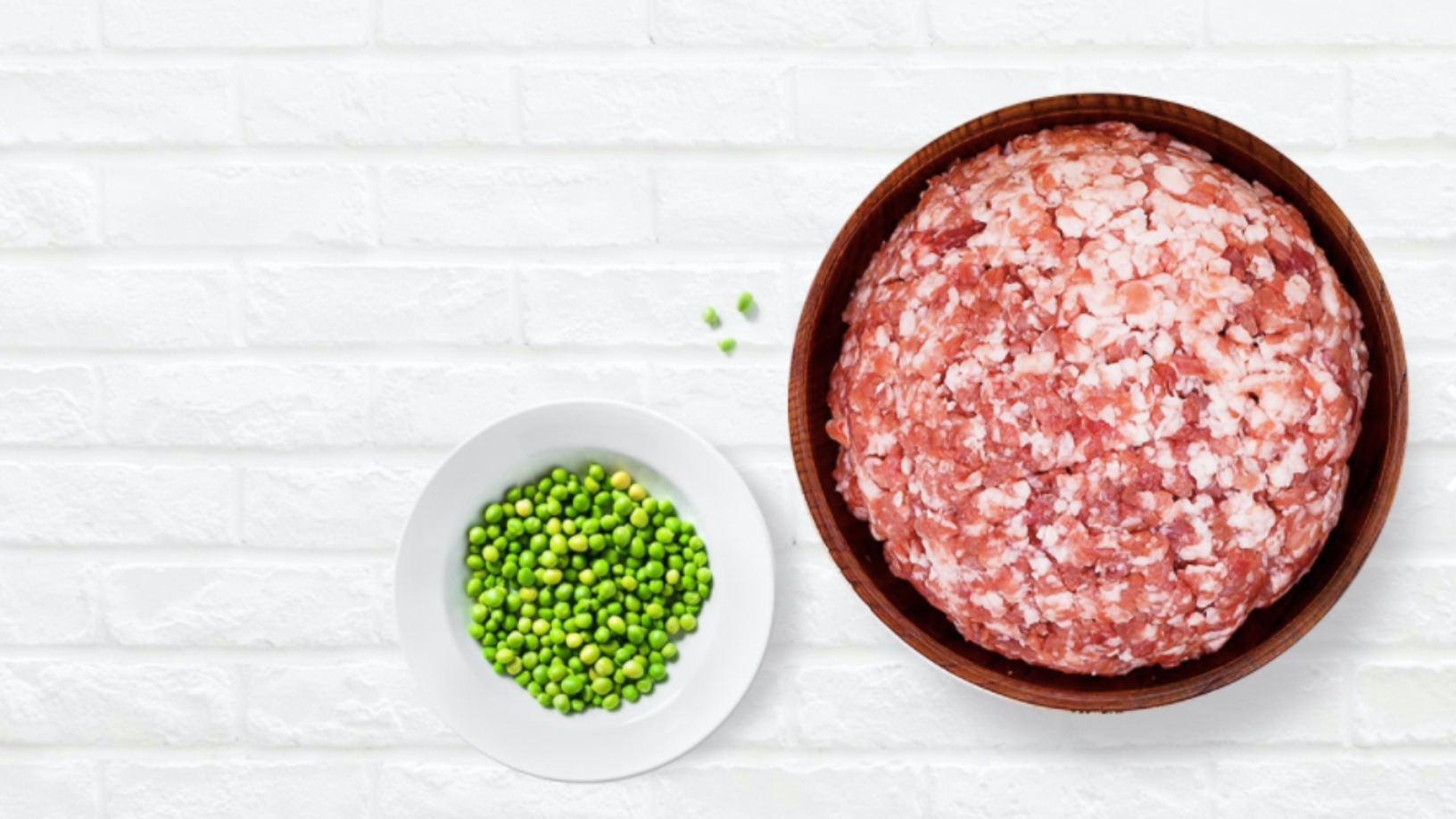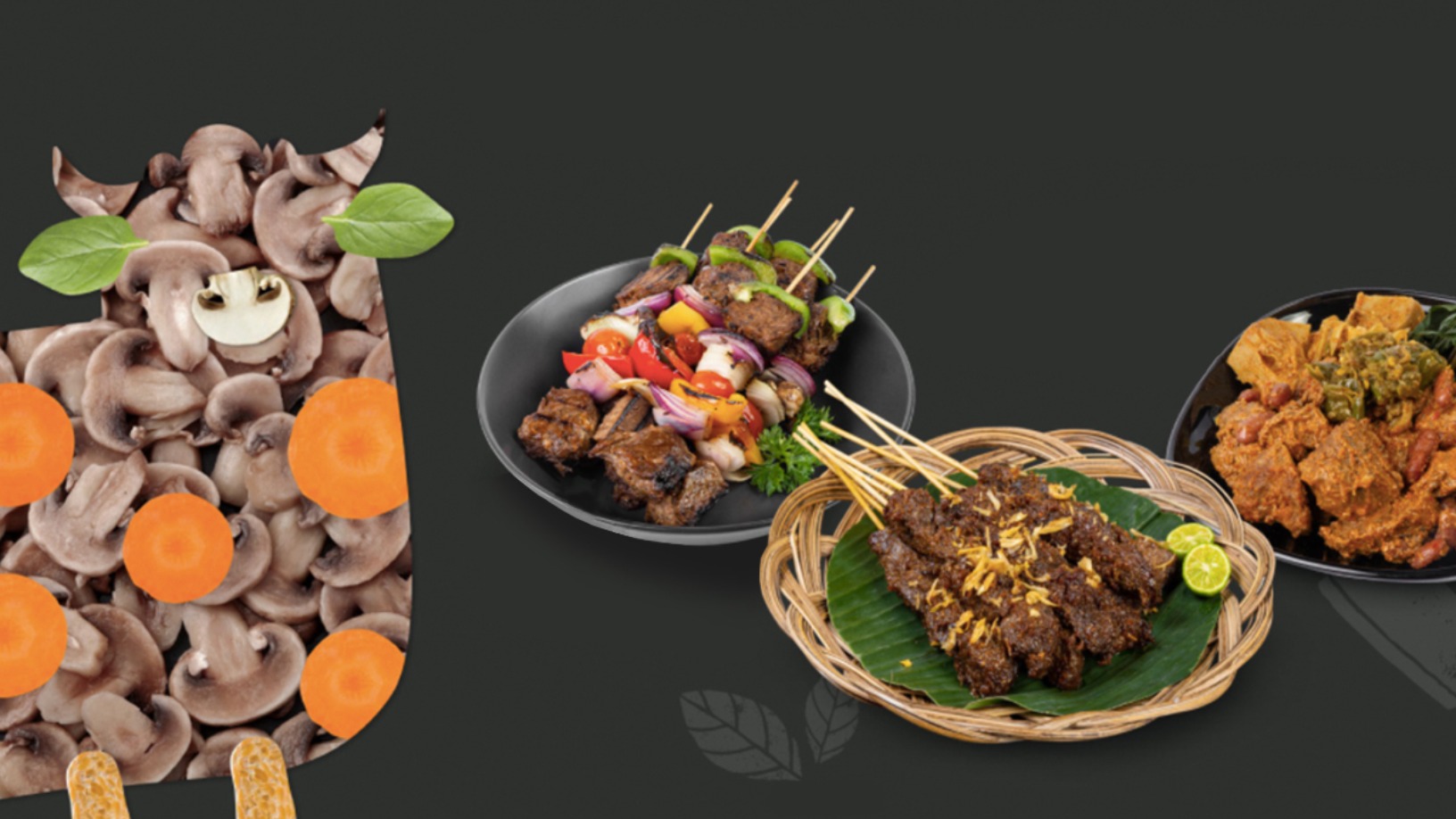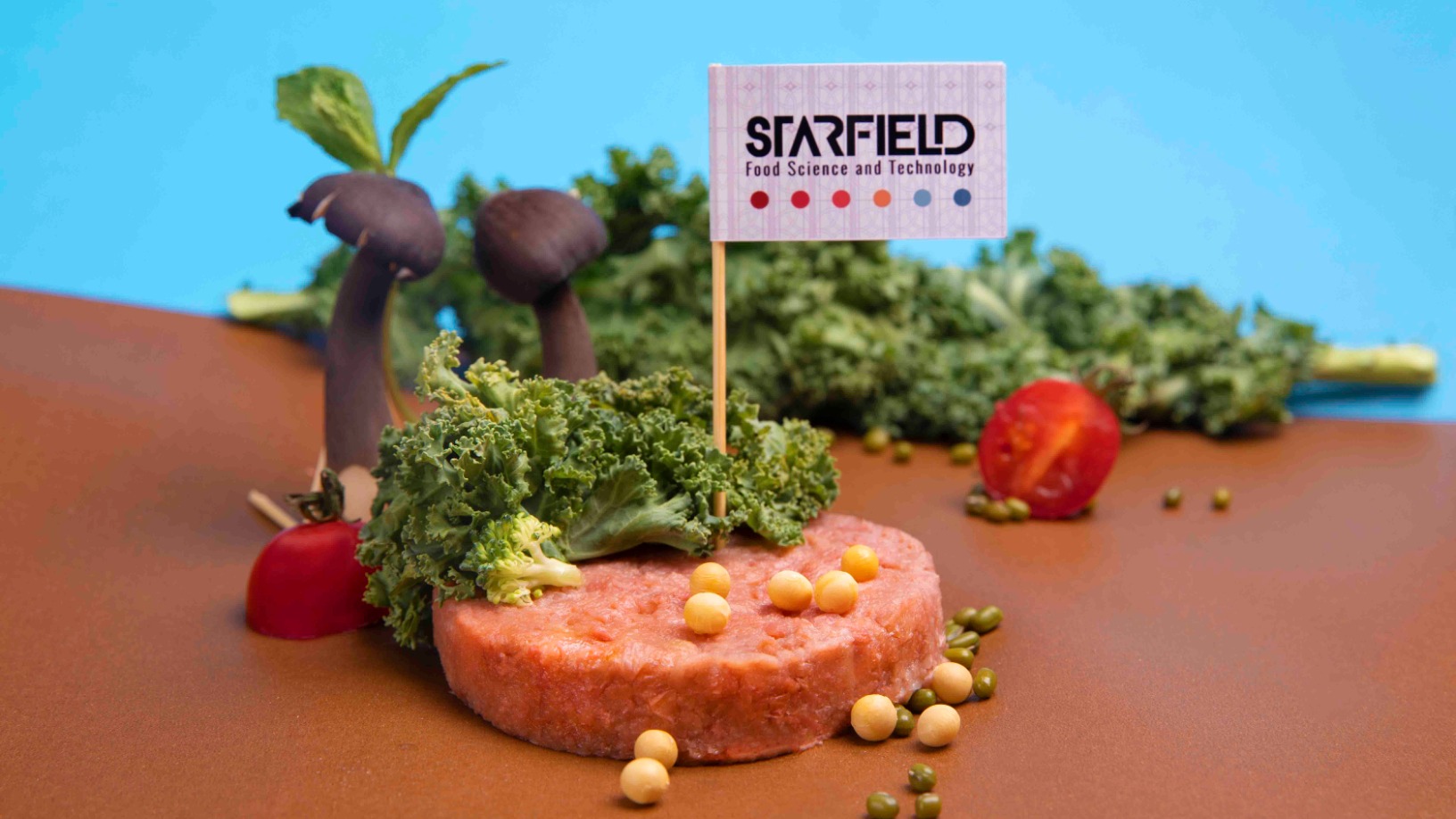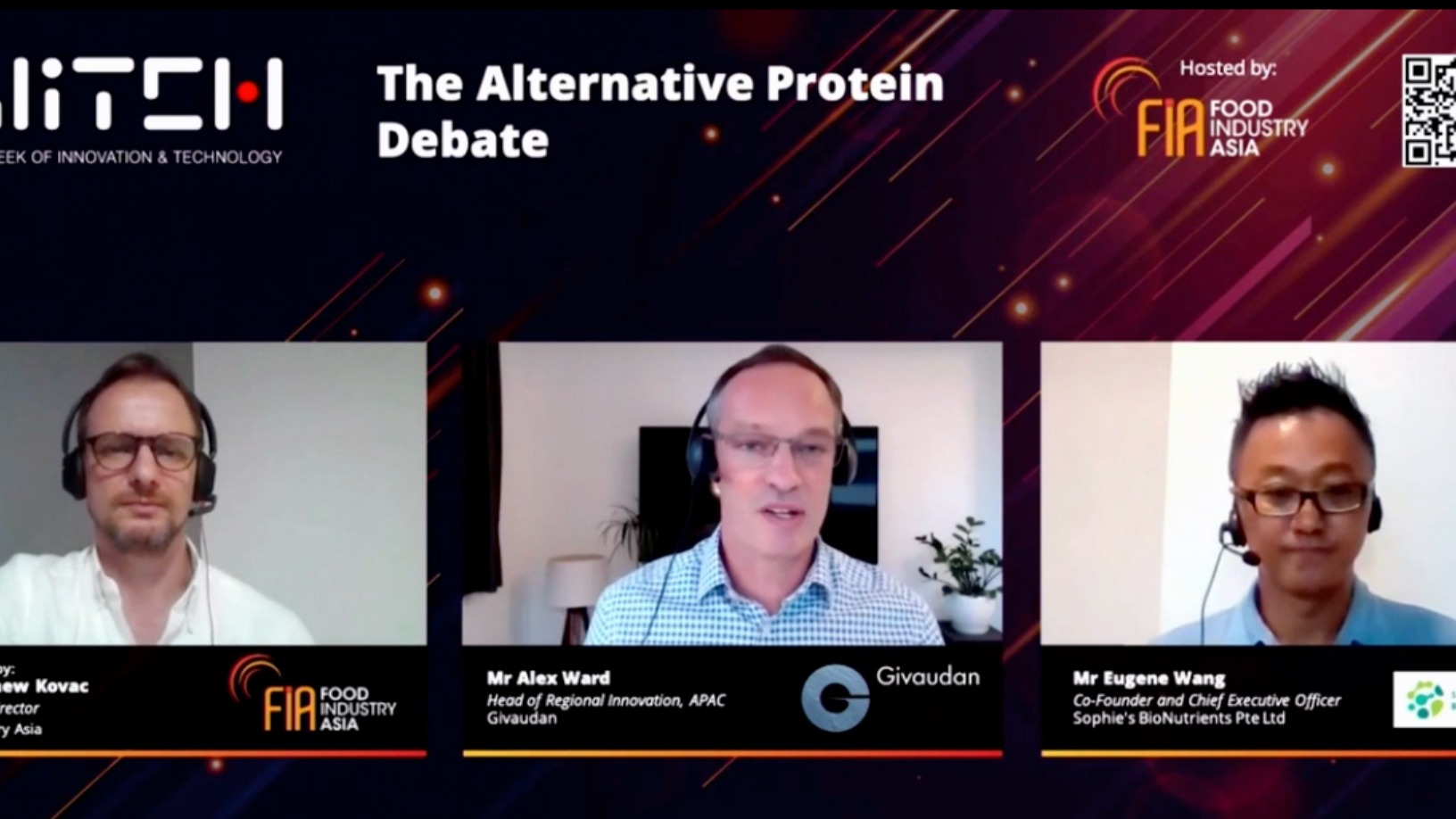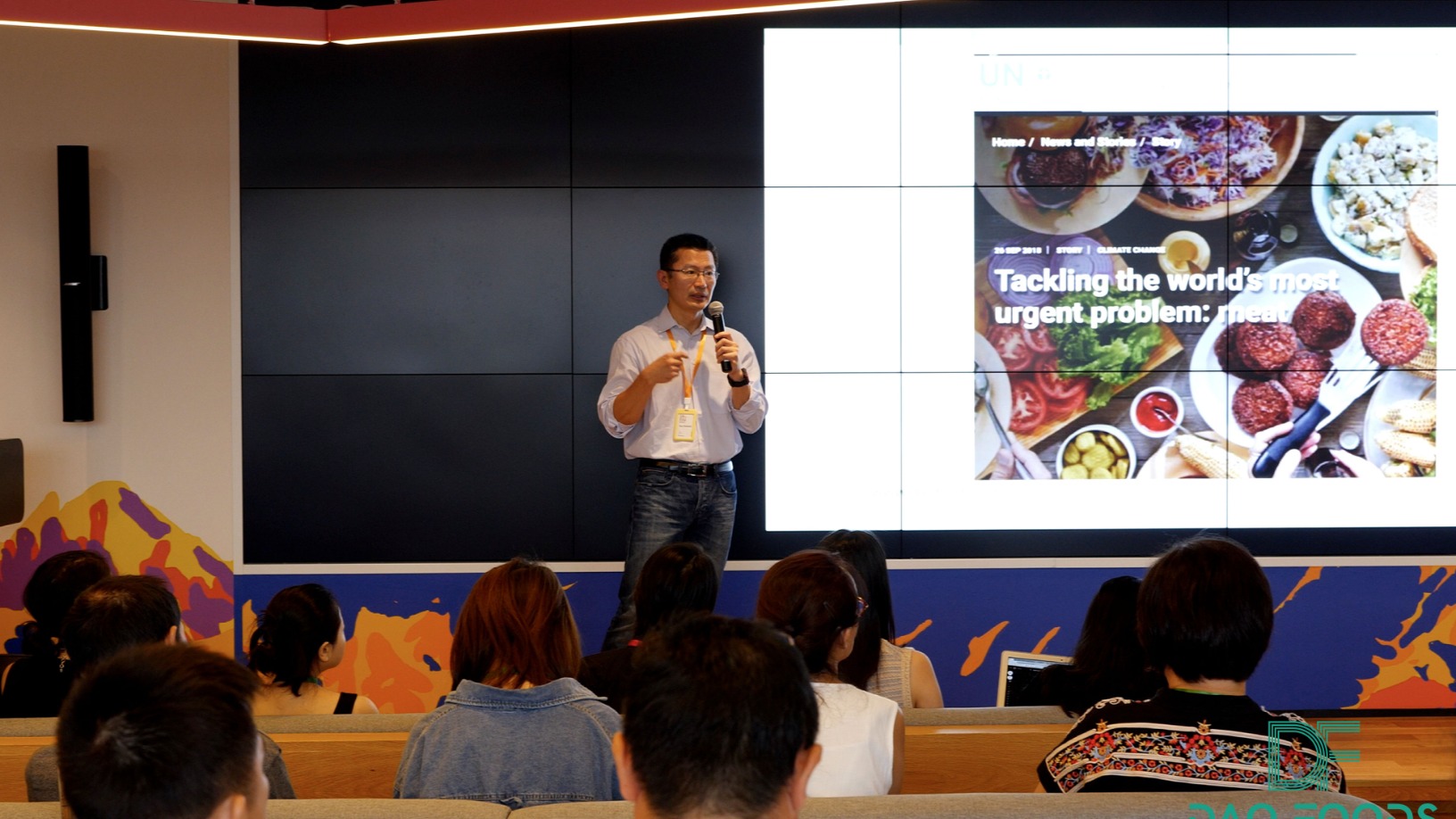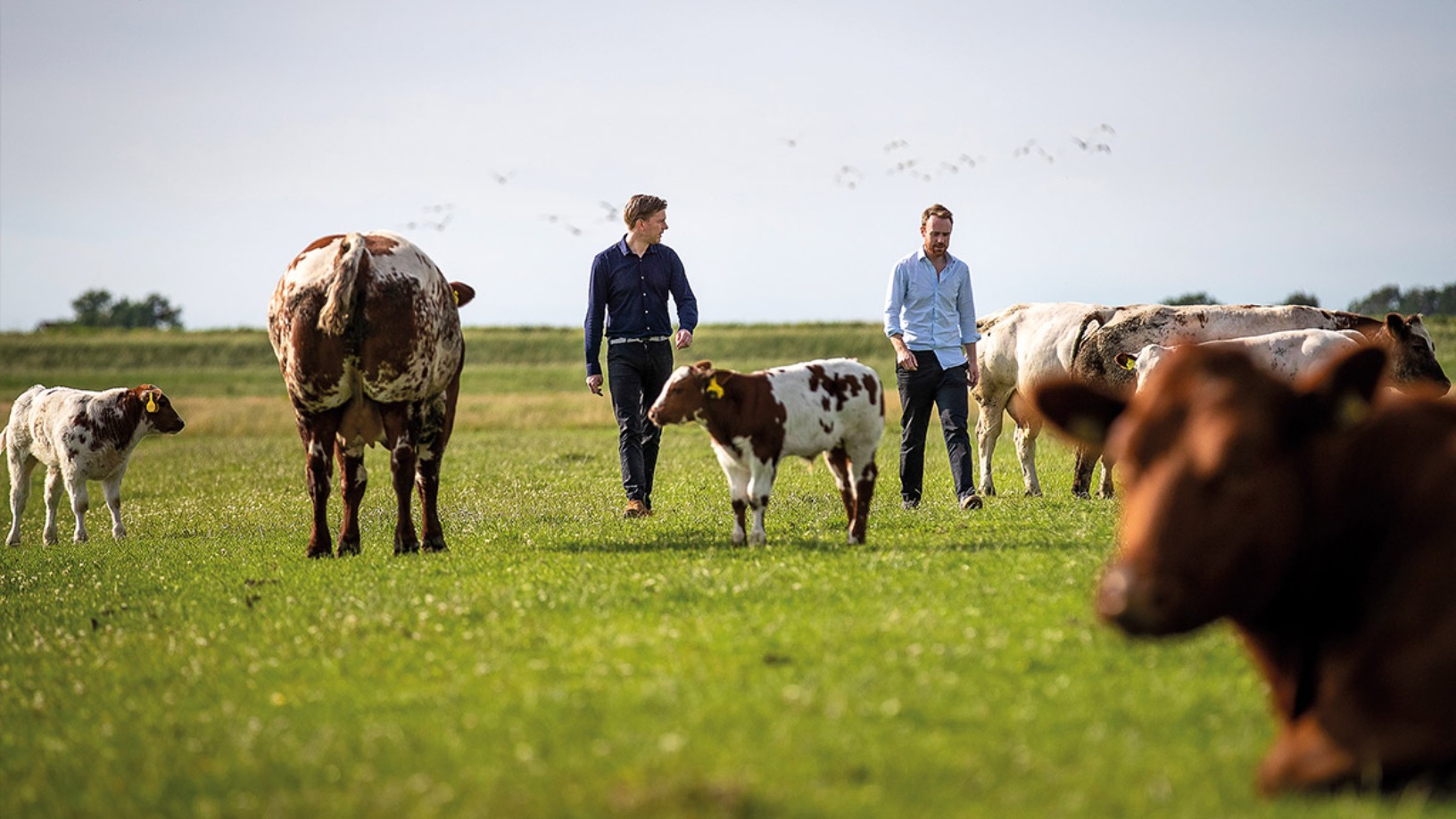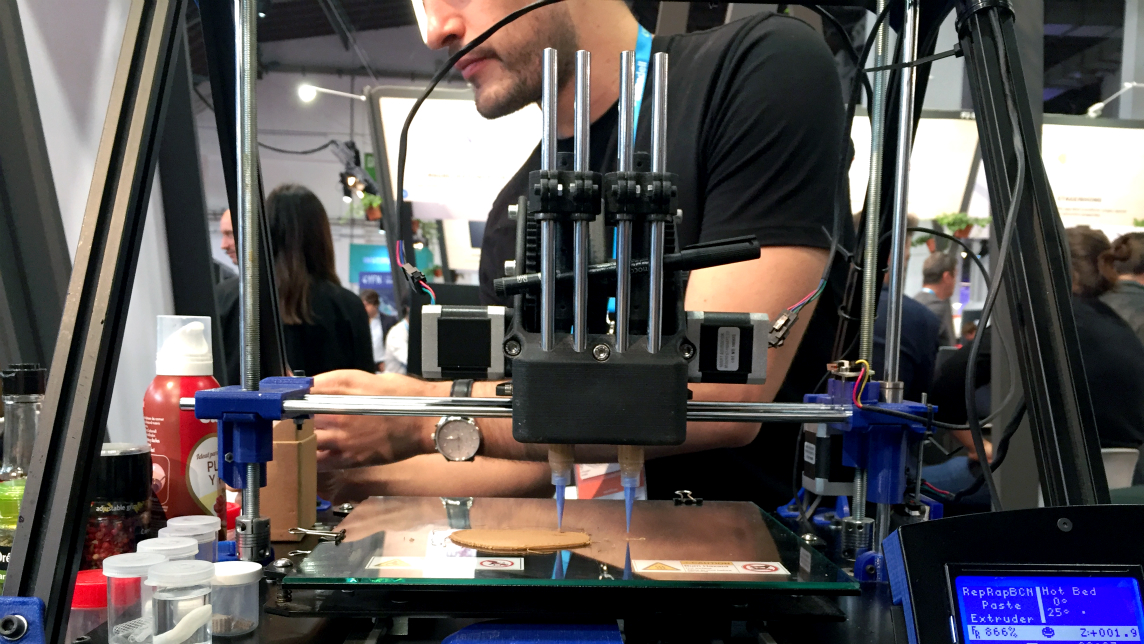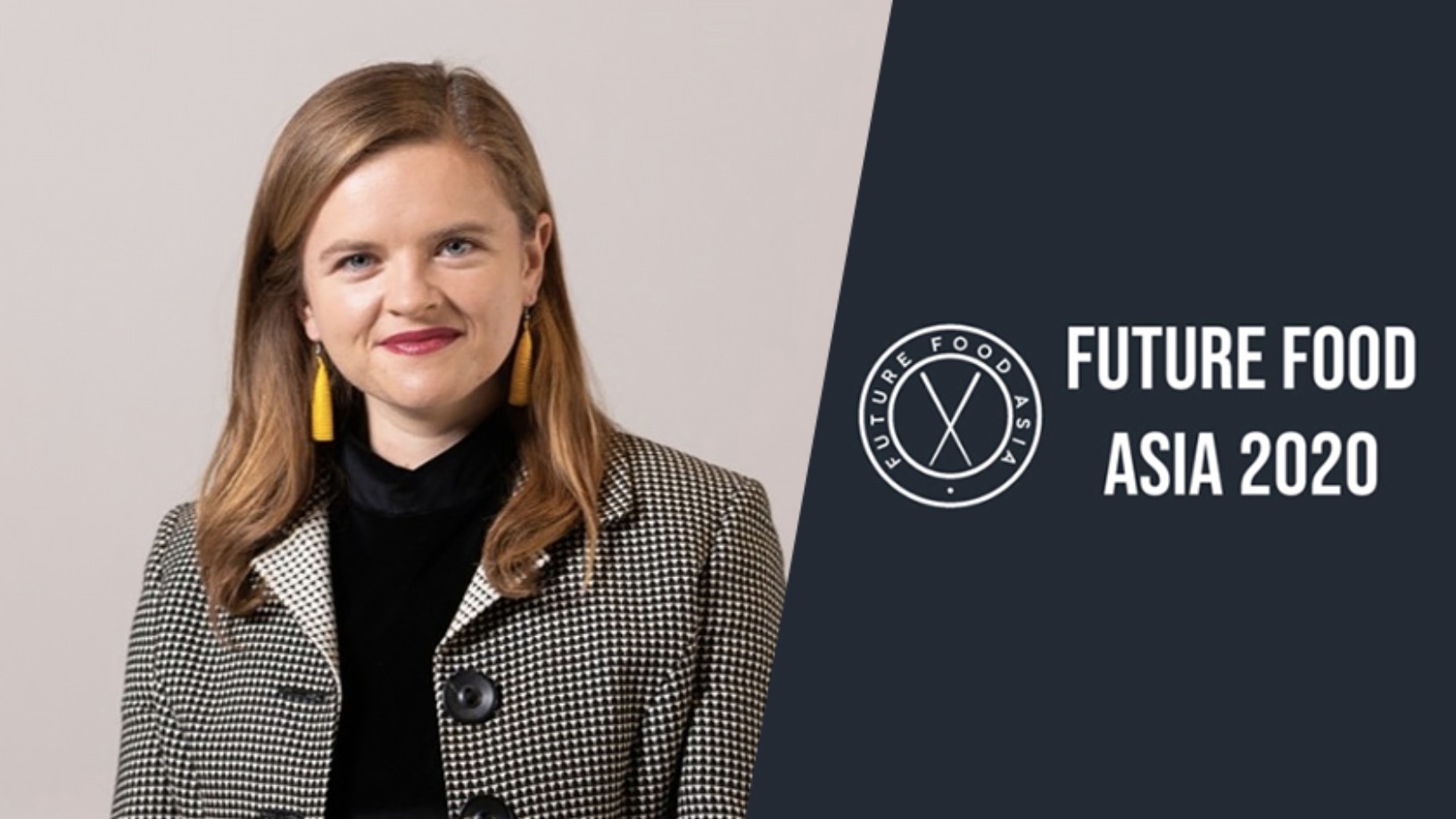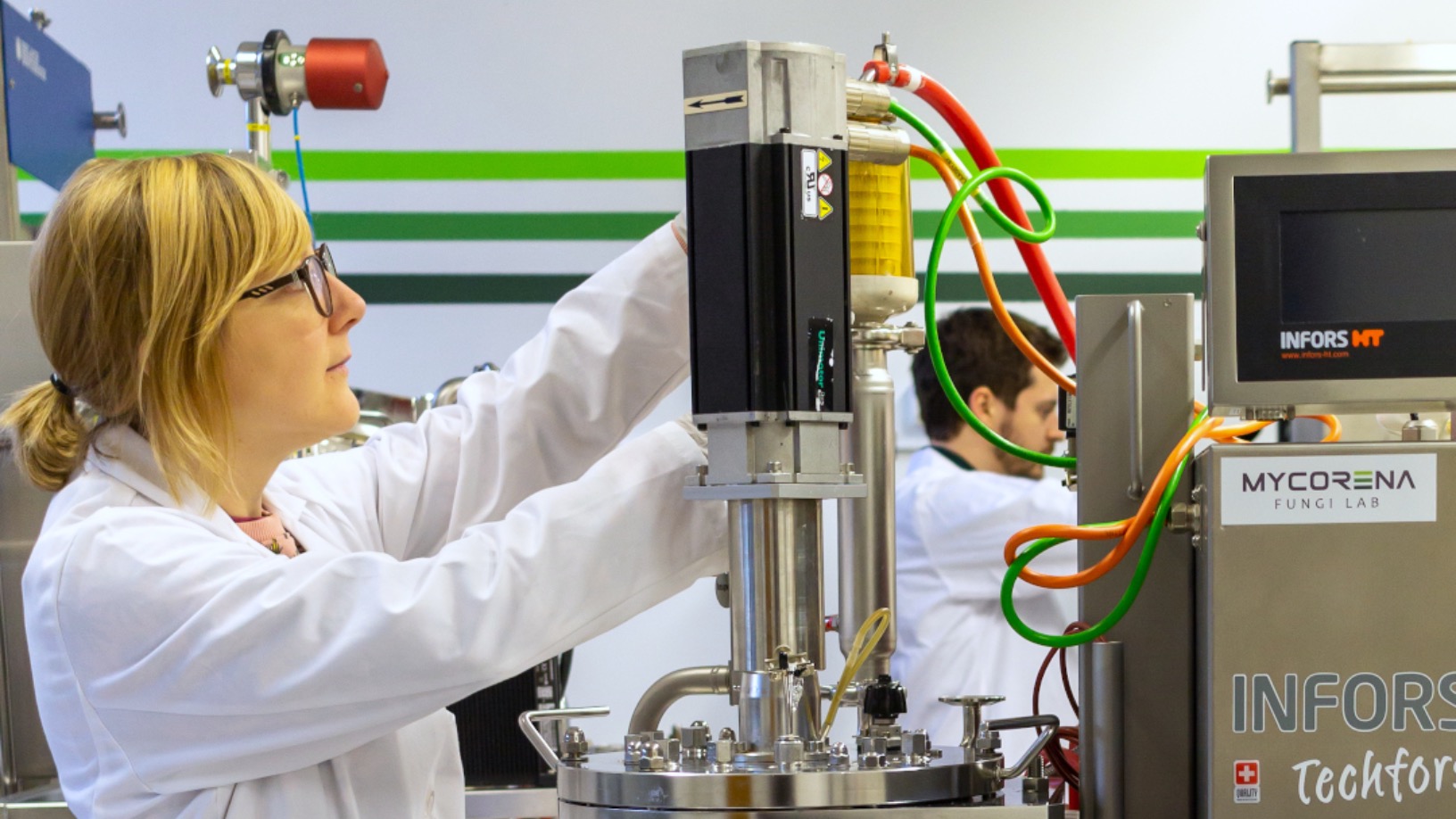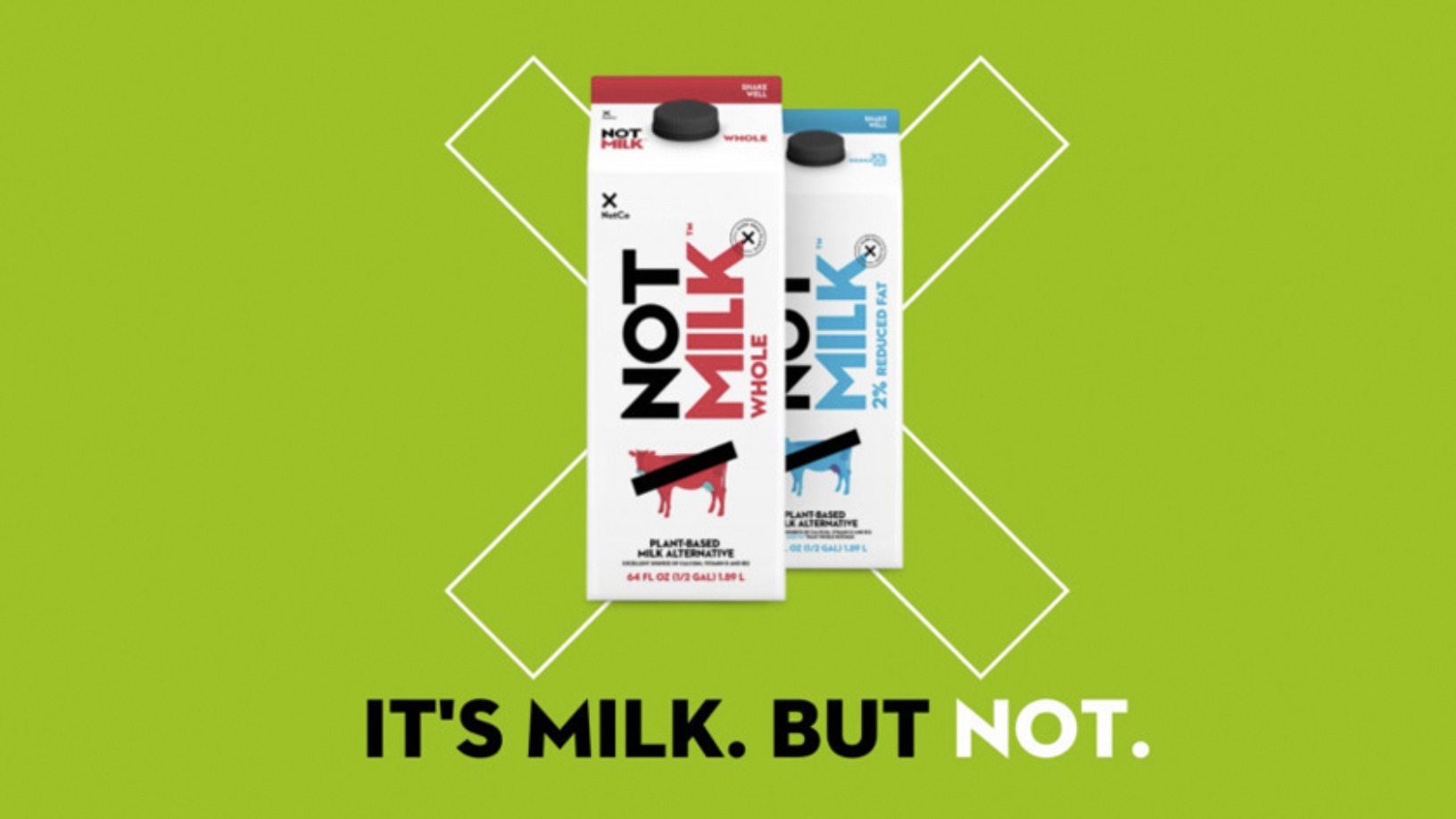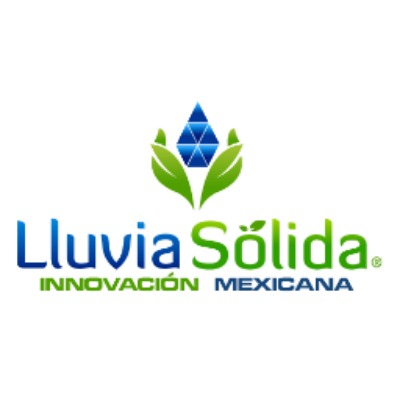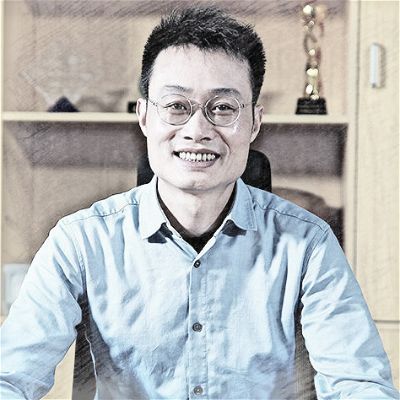Plant-based meat
DATABASE (849)
ARTICLES (621)
CTO and co-founder of Plant on Demand
Sergi Roca Puertas obtained a bachelor’s degree (2014) and a master’s (2016) in Industrial Technology Engineering from the Polytechnic University of Madrid. His master’s included Industrial Engineering at Finland’s Tampere University of Technology, where he participated in the research of glass fibers.In 2016, he also studied Foreign Trade, Logistics and Supply Management at Euroinnova Business School in Granada and completed work experience as a trading engineer at Madrid-based KL2B.Currently based in San Francisco bay area, he has been working as a deployment strategist at AI-powered analytics and marketing startup Jetlore in Silicon Valley since November 2016. In 2017, he co-founded Plant on Demand (POD) as CTO with an office in Ireland.
Sergi Roca Puertas obtained a bachelor’s degree (2014) and a master’s (2016) in Industrial Technology Engineering from the Polytechnic University of Madrid. His master’s included Industrial Engineering at Finland’s Tampere University of Technology, where he participated in the research of glass fibers.In 2016, he also studied Foreign Trade, Logistics and Supply Management at Euroinnova Business School in Granada and completed work experience as a trading engineer at Madrid-based KL2B.Currently based in San Francisco bay area, he has been working as a deployment strategist at AI-powered analytics and marketing startup Jetlore in Silicon Valley since November 2016. In 2017, he co-founded Plant on Demand (POD) as CTO with an office in Ireland.
A first mover in the EU precision farming space, Evja integrates agronomic know-how with sensors and a user platform, fueling its growth with key collaborations.
A first mover in the EU precision farming space, Evja integrates agronomic know-how with sensors and a user platform, fueling its growth with key collaborations.
Rubio Impact Ventures (formerly Social Impact Ventures)
Founded in Amsterdam in 2014, Rubio Impact Ventures was formerly known as Social Impact Ventures. The VC currently invests in sustainability-focused startups that are predominantly based in the Netherlands and north-western Europe. It currently has 27 portfolio companies including fair coffee brand Wakuli and cultured meat pioneer Masa Meat. The “Rubicon crossing” VC has just raised €110m for its second impact fund, Rubio Fund 2, in October 2021.Recent investments include participation in the $43m Series B round of food-sharing app OLIO in September 2021 and the €3.6m seed round in July 2021 for Portuguese Arborea that uses micro-organisms in biotech for foodtech applications.
Founded in Amsterdam in 2014, Rubio Impact Ventures was formerly known as Social Impact Ventures. The VC currently invests in sustainability-focused startups that are predominantly based in the Netherlands and north-western Europe. It currently has 27 portfolio companies including fair coffee brand Wakuli and cultured meat pioneer Masa Meat. The “Rubicon crossing” VC has just raised €110m for its second impact fund, Rubio Fund 2, in October 2021.Recent investments include participation in the $43m Series B round of food-sharing app OLIO in September 2021 and the €3.6m seed round in July 2021 for Portuguese Arborea that uses micro-organisms in biotech for foodtech applications.
New York-based Humboldt Fund invests in startups with the potential to solve critical issues of our time across the areas of food production, healthcare, energy, and construction and manufacturing materials. It currently has 14 companies in its portfolio. Its most recent investments include in the March 2021 $48m Series A round of Dutch cell-based meat startup Meatable which leverages pluripotent stem cells for the first time in foodtech, and in the February 2021 $16m seed round of US biotech Cellino Biotech.
New York-based Humboldt Fund invests in startups with the potential to solve critical issues of our time across the areas of food production, healthcare, energy, and construction and manufacturing materials. It currently has 14 companies in its portfolio. Its most recent investments include in the March 2021 $48m Series A round of Dutch cell-based meat startup Meatable which leverages pluripotent stem cells for the first time in foodtech, and in the February 2021 $16m seed round of US biotech Cellino Biotech.
Notpla (formerly Skipping Rocks Lab)
Compostable and edible seaweed-based packaging in a flexible product for many uses to replace polluting plastic, winning accolades from WIRED, Fortune and TIME.
Compostable and edible seaweed-based packaging in a flexible product for many uses to replace polluting plastic, winning accolades from WIRED, Fortune and TIME.
CEO, co-founder of Xampla
Simon Hombersley is the CEO and co-founder of Britain’s Xampla, producer of plant-based biodegradable plastics made from protein, where he has worked full-time since 2018. Prior to Xampla, Hombersley worked in various UK-based engineering roles that included almost three years at Oxford Flow, an Oxford University spin-off, reducing water leakage and improving industrial efficiency.Earlier, between 2012 and 2015, he worked in the industrial entrepreneurial agency Puntios, which he founded. From 2004–2012 he was Chairman and founder at TwentyNinety, developers of a wireless monitoring system for photovoltaics. From 2004 to March 2021, he was the founder and non-executive director at Lontra, an engineering firm developing and commercializing energy-saving industrial compressors. Hombersley began his professional life as a public affairs consultant providing advice on regulatory and political affairs mainly to water companies.
Simon Hombersley is the CEO and co-founder of Britain’s Xampla, producer of plant-based biodegradable plastics made from protein, where he has worked full-time since 2018. Prior to Xampla, Hombersley worked in various UK-based engineering roles that included almost three years at Oxford Flow, an Oxford University spin-off, reducing water leakage and improving industrial efficiency.Earlier, between 2012 and 2015, he worked in the industrial entrepreneurial agency Puntios, which he founded. From 2004–2012 he was Chairman and founder at TwentyNinety, developers of a wireless monitoring system for photovoltaics. From 2004 to March 2021, he was the founder and non-executive director at Lontra, an engineering firm developing and commercializing energy-saving industrial compressors. Hombersley began his professional life as a public affairs consultant providing advice on regulatory and political affairs mainly to water companies.
Based in London, CPT Capital is the venture arm of private equity pioneer Jeremy Coller's private family office. Coller is the founder of Europe’s first private equity for secondaries in 1990. The British philanthropist has also established several business schools and the Jeremy Coller Foundation that aims to eliminate factory farming. In 2017, CPT Capital was founded to disrupt the food industry with investments in the alt-protein sector to create the “future of food and materials” like plant-based, recombinant and cell-cultured proteins.
Based in London, CPT Capital is the venture arm of private equity pioneer Jeremy Coller's private family office. Coller is the founder of Europe’s first private equity for secondaries in 1990. The British philanthropist has also established several business schools and the Jeremy Coller Foundation that aims to eliminate factory farming. In 2017, CPT Capital was founded to disrupt the food industry with investments in the alt-protein sector to create the “future of food and materials” like plant-based, recombinant and cell-cultured proteins.
Prizewinning pvDesign software automates solar plant design and its lifetime costs, reducing engineers’ time from weeks to minutes. More than 8,000 projects created worldwide and +2,000GW simulated.
Prizewinning pvDesign software automates solar plant design and its lifetime costs, reducing engineers’ time from weeks to minutes. More than 8,000 projects created worldwide and +2,000GW simulated.
Jeffrey Leiden is a physician and scientist of more than 40 years, who is currently the executive chairman of US-based multinational biotech company Vertex Pharmaceuticals. Leiden is also the chairman of Casana, a remote healthcare platform and the chairman of Tmunity, a biotech dedicated to T-cell research. In March 2021, he participated as an angel investor in the $48m Series A round of Dutch cell-based meat startup Meatable which leverages pluripotent stem cells for the first time in foodtech.
Jeffrey Leiden is a physician and scientist of more than 40 years, who is currently the executive chairman of US-based multinational biotech company Vertex Pharmaceuticals. Leiden is also the chairman of Casana, a remote healthcare platform and the chairman of Tmunity, a biotech dedicated to T-cell research. In March 2021, he participated as an angel investor in the $48m Series A round of Dutch cell-based meat startup Meatable which leverages pluripotent stem cells for the first time in foodtech.
Head of Research, co-founder of Xampla
Marc Rodríguez Garcia is Head of Research and co-founder of Britain’s Xampla, producer of plant-based biodegradable plastics made from protein, where he has worked full-time since it was founded in 2018. Prior to that, from late 2016 he was a postdoctoral research associate at Cambridge University’s Knowles Lab, from which Xampla was spun off. The Spaniard has also worked as a visiting researcher for the not-for-profit Cancer Research UK.Rodríguez holds a PhD from the University of Glasgow, developing a new method to synthesize oligopeptides from unactivated amino acids, and a bachelor’s degree in chemistry from the Autonomous University of Barcelona.
Marc Rodríguez Garcia is Head of Research and co-founder of Britain’s Xampla, producer of plant-based biodegradable plastics made from protein, where he has worked full-time since it was founded in 2018. Prior to that, from late 2016 he was a postdoctoral research associate at Cambridge University’s Knowles Lab, from which Xampla was spun off. The Spaniard has also worked as a visiting researcher for the not-for-profit Cancer Research UK.Rodríguez holds a PhD from the University of Glasgow, developing a new method to synthesize oligopeptides from unactivated amino acids, and a bachelor’s degree in chemistry from the Autonomous University of Barcelona.
Co-founder, CCO of Cocuus
Patxi Larumbe is the Spanish CCO and co-founder at 3D printing food tech and cell-based meat startup Cocuus, where he has worked since he co-founded it in 2017. Before Cocuus, Larumbe founded and directed eight other companies, the majority, like Cocuus, also based in Pamplona, Navarre. During his extensive entrepreneurial career, Larumbe had experience with design and manufacturing in 3D processes, which he used to innovate in Cocuus. Before Cocuus, he was a director at his building materials distribution company, On Clima, for two years, which was preceded by a two-year stint heading up Tohama, an IoT tech developer for Somfy products. Prior to that, he was commercial director for 20 years at building services company Terradisa and also founded its Catalonia offices.From 2000–2013, Larumbe was the founder and board member at Acustica Arquitectonica, an acoustic architectural design company and from 1995–2005, he had the same responsibilities at his hospitality company, Ostatu Zaharra. Other companies he founded were were Render (1990–96), Netcorp Factory (1996–2000) and No Solo Futbol ("Not Just Soccer") (2000–2004). Larumbe studied electronics at first degree level in Pamplona.
Patxi Larumbe is the Spanish CCO and co-founder at 3D printing food tech and cell-based meat startup Cocuus, where he has worked since he co-founded it in 2017. Before Cocuus, Larumbe founded and directed eight other companies, the majority, like Cocuus, also based in Pamplona, Navarre. During his extensive entrepreneurial career, Larumbe had experience with design and manufacturing in 3D processes, which he used to innovate in Cocuus. Before Cocuus, he was a director at his building materials distribution company, On Clima, for two years, which was preceded by a two-year stint heading up Tohama, an IoT tech developer for Somfy products. Prior to that, he was commercial director for 20 years at building services company Terradisa and also founded its Catalonia offices.From 2000–2013, Larumbe was the founder and board member at Acustica Arquitectonica, an acoustic architectural design company and from 1995–2005, he had the same responsibilities at his hospitality company, Ostatu Zaharra. Other companies he founded were were Render (1990–96), Netcorp Factory (1996–2000) and No Solo Futbol ("Not Just Soccer") (2000–2004). Larumbe studied electronics at first degree level in Pamplona.
Founded in 2016, Berlin-based investor BlueYard invests in startups aiming to tackle the planet’s greatest challenges. It typically makes $1m–3m as an initial investment and has no geographical bias. Its most recent investments include in the March 2021 $48m Series A round of Dutch cell-based meat startup Meatable which leverages pluripotent stem cells for the first time in foodtech and in the February 2021 $4m seed round of Next Matter, a German Open Source automation tool for operations teams.
Founded in 2016, Berlin-based investor BlueYard invests in startups aiming to tackle the planet’s greatest challenges. It typically makes $1m–3m as an initial investment and has no geographical bias. Its most recent investments include in the March 2021 $48m Series A round of Dutch cell-based meat startup Meatable which leverages pluripotent stem cells for the first time in foodtech and in the February 2021 $4m seed round of Next Matter, a German Open Source automation tool for operations teams.
CCO and co-founder of Plant on Demand
Alejandro Wonenburger García came up with the idea for Plant on Demand (POD) during a research project for his joint master’s degree studies in Finland and the Netherlands.He specialized in International Business at SeAMK (Seinäjoki University of Applied Sciences) in western Finland from 2013–17. He was based in the Netherlands during 2015–16 to read Strategic Management and International Business Management at Fontys Venlo University of Applied Sciences in Limburg. He speaks six European languages including Dutch.Since 2018, the Spanish co-founder of POD has taken on the roles of project coordinator and chief commercial officer. The POD agrifood marketplace and online management platform is specially designed for the needs of small-scale farmers.
Alejandro Wonenburger García came up with the idea for Plant on Demand (POD) during a research project for his joint master’s degree studies in Finland and the Netherlands.He specialized in International Business at SeAMK (Seinäjoki University of Applied Sciences) in western Finland from 2013–17. He was based in the Netherlands during 2015–16 to read Strategic Management and International Business Management at Fontys Venlo University of Applied Sciences in Limburg. He speaks six European languages including Dutch.Since 2018, the Spanish co-founder of POD has taken on the roles of project coordinator and chief commercial officer. The POD agrifood marketplace and online management platform is specially designed for the needs of small-scale farmers.
CEO and Co-founder of Oceanium
Karen Scofield Seal is the CEO and co-founder of Oceanium, a Scottish startup developing marine-safe bio packaging and plant-based food and nutrition products from sustainably farmed seaweed. During the 90s she lived in New York working as Senior Manager and Producer for the National Football League, as Production Supervisor and Event director at the US OPEN Tennis, and as Coordinating Producer at ABC News.She later moved to London with her husband, where she worked in Comic Relief and in RED, liaising with Apple, American Express and Converse partnerships. In 2009 she co-founded LUCZA, a luxury e-commerce active since 2014. There, she executed marketing and PR strategies including offline and online initiatives.
Karen Scofield Seal is the CEO and co-founder of Oceanium, a Scottish startup developing marine-safe bio packaging and plant-based food and nutrition products from sustainably farmed seaweed. During the 90s she lived in New York working as Senior Manager and Producer for the National Football League, as Production Supervisor and Event director at the US OPEN Tennis, and as Coordinating Producer at ABC News.She later moved to London with her husband, where she worked in Comic Relief and in RED, liaising with Apple, American Express and Converse partnerships. In 2009 she co-founded LUCZA, a luxury e-commerce active since 2014. There, she executed marketing and PR strategies including offline and online initiatives.
Co-founder of Meatable
Mark Kotter is the Austrian co-founder at Dutch cell-based meat startup Meatable, the first to use pluripotent stem cells and claim a highly scalable culture technology, which was developed by Kotter prior to founding the startup in 2018. He is also founder at his biotech startup, bit.bio, which is based in Cambridge, UK, since 2016, where he applies his cellular technological innovation to human stem cell research and has raised investments totaling $42m. His main full-time position is at the University of Cambridge, where he has worked since 2009. He has spent more than five years as a clinician-scientist in stem cell research and was previously a lecturer in neurosurgery. Kotter also lectures at Paris Descartes University and is a team leader at the UK’s National Institute for Health Research’s Brain Injury MedTech Co-operative. He also founded Myelopathy.org to raise awareness of cervical myelopathy. His past positions were as a research group leader at the Max Planck Institute for Experimental Medicine for one year, and for two years spent at the Medical University of Vienna. Kotter holds two doctorates; one in philosophy from the University of Cambridge and the other in medicine from the University of Graz in Austria. Kotter also holds a master’s in philosophy from the University of Cambridge.
Mark Kotter is the Austrian co-founder at Dutch cell-based meat startup Meatable, the first to use pluripotent stem cells and claim a highly scalable culture technology, which was developed by Kotter prior to founding the startup in 2018. He is also founder at his biotech startup, bit.bio, which is based in Cambridge, UK, since 2016, where he applies his cellular technological innovation to human stem cell research and has raised investments totaling $42m. His main full-time position is at the University of Cambridge, where he has worked since 2009. He has spent more than five years as a clinician-scientist in stem cell research and was previously a lecturer in neurosurgery. Kotter also lectures at Paris Descartes University and is a team leader at the UK’s National Institute for Health Research’s Brain Injury MedTech Co-operative. He also founded Myelopathy.org to raise awareness of cervical myelopathy. His past positions were as a research group leader at the Max Planck Institute for Experimental Medicine for one year, and for two years spent at the Medical University of Vienna. Kotter holds two doctorates; one in philosophy from the University of Cambridge and the other in medicine from the University of Graz in Austria. Kotter also holds a master’s in philosophy from the University of Cambridge.
Grain Meat: Focusing on whole cut plant-based meat
With its proprietary fiber weaving technique and specially-designed machinery, Wuxi-based Grain Meat aims to replicate the texture and even the grain of real meat
Zhenmeat: Offering a modern plant-based meat alternative in China
The Chinese startup is providing a product adapted for Chinese tastes in an emerging market.
Plant-based meat faces backlash in China despite gaining traction
An innocuous video clip sparked debate on social media over plant-based meat, with suspicion about its nutritional value, cost-effectiveness and even the motives of foreign companies
Do plant-based meat alternatives stand a chance in China, the world's largest meat consumer?
Major food brands and foodtech startups are trying to build their following in a nascent market forecast to grow to nearly $12bn worth by 2023
Indonesia's Green Rebel Foods to take its Asian-inspired plant-based meat regional
F&B veteran duo behind the Burgreens spinoff plans Series A fundraising by end-2021 for manufacturing and regional expansion
In a nascent market, one-year-old Starfield has brought its offerings to around 3,000 F&B outlets and generated RMB 10m in revenue
SWITCH Singapore: Alternative protein sure to take off in Asia, with Singapore as innovation hotbed
In an in-depth discussion, food industry experts say products made with alternative protein in hybrid forms could offer the fastest route to commercialization
New Food Invest: Growing an alternative protein business in Asia
With more than 4bn people, Asia presents unique opportunities and challenges to alternative protein startups. Four leading entrepreneurs shared their experiences at the recent New Food Invest conference
Dao Foods: Grooming and betting on China's rising alternative protein startups
How can businesses involve Chinese consumers in the environmental cause, even if it isn’t a priority for them? For that, the impact investor-incubator Dao Foods has got its philosophy-led strategy figured out
Yali Bio: Recreating a juicy steak in plant-based alternatives
Founded by the former head of Impossible Foods’ pilot plant, this Bay Area genomics and foodtech startup is one of the first to engineer a better fat for plant-based meat
Meatable joins Royal DSM to create growth media specific for cell-based meat tech
The R&D between the biotech startup and fellow Dutch nutrition conglomerate could help scale and drive the commercial viability of lab-grown meat
Novameat: 3D printing tech to develop meat substitute products
Italian scientist Giuseppe Scionti has repurposed bioprinting technology used to create an artificial human ear to develop a plant-based "steak"
China a “positive environment” for uptake of cultured meat, researcher tells Future Food Asia
But for interested cultured meat companies, China-based Chloe Dempsey suggests it would be better to wait, observe and learn more about the market before trying to tap its massive potential
Mycorena: Fungi-based vegan protein challenging traditional plant-based ingredients
Award-winning Swedish biotech startup is scaling production of mycoprotein to become a key player in the emerging market for functional proteins
NotCo: Will this Bezos-backed plant-based foodtech be Chile's first unicorn?
Armed with $85m Series C funding, NotCo has expanded to the US, competing head-on with popular US alt-protein brands for a foothold in the multibillion-dollar vegan market
Sorry, we couldn’t find any matches for“Plant-based meat”.
